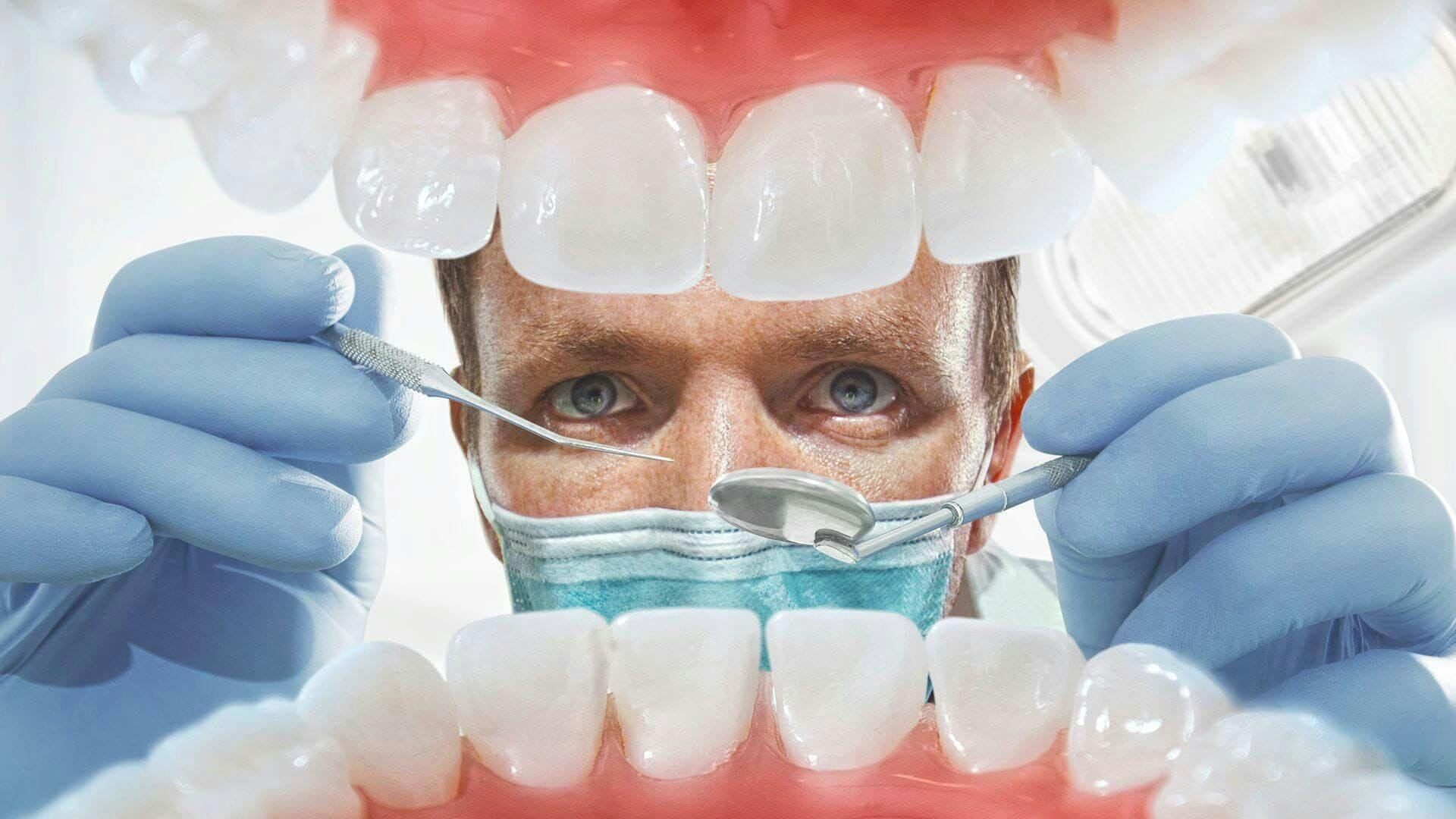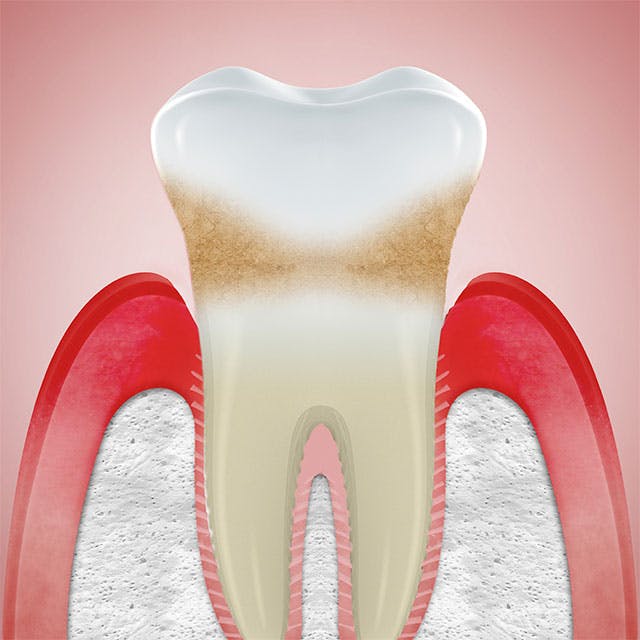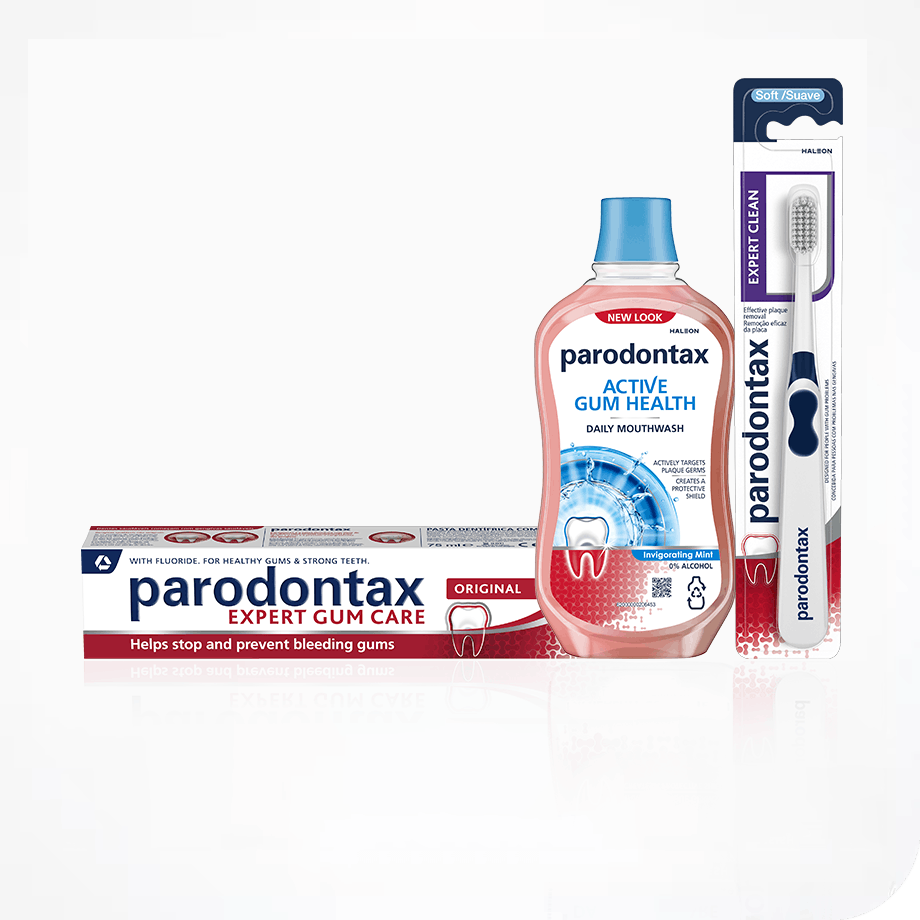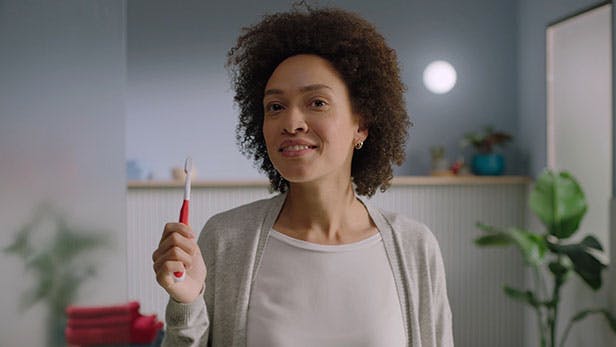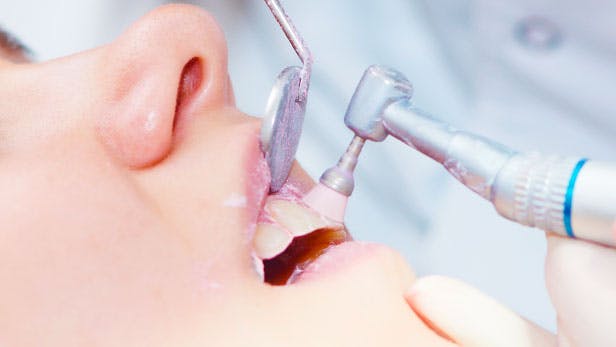How Your Dentist Can Treat Gum Disease
Dentists are experts in keeping gums and teeth healthy. During a check-up they examine your mouth, teeth and gums to spot any problems and they can often be the first defence against gum disease.
Unlike tooth ache or sensitivity, gum disease often doesn't cause pain or discomfort, so even if you do spot some of the signs, such as red, swollen, bleeding or receding gums, you might not seek help as fast as you should. But if gum disease is left untreated at the first stage of gingivitis, it can develop into periodontitis, which is much more serious and can lead to tooth loss.
HOW A DENTAL CHECK UP CAN SPOT GINGIVITIS
During the first part of a dental check up your dentist may take what is called a 'history', which helps the dentist to build up a picture of your health and risk factors. You may be asked questions like these:
- Are you experiencing any signs of gum disease, such as bleeding or swollen gums?
- Have you had treatment for gum disease before?
- Do you smoke or do you have a family history of gum disease?
- Questions about your oral health routine, such as how often do you brush your teeth?
By asking these questions your dentist can work out if you are more likely to have gum disease. If you have had previous treatment or have early symptoms of gum disease it alerts your dentist to potential problems. If you smoke or have a family history of gum disease you are at higher risk and if you don't have a good oral health routine then you are more likely to suffer from gum problems.
The second stage is the clinical examination, where your dentist will look for gum disease symptoms, such as:
- Inflamed, swollen or red gums
- Bleeding gums
- Changes in gum texture - healthy gums have tiny indentations, which look like stippling, all over them, with gum disease they become puffy, smooth and glossy in texture
- Receding gums, where the gum line is drawing back from the tooth
- Pockets or deeper gaps developing between the gums and teeth
- Loose or wobbly teeth
HOW CAN YOUR DENTIST HELP?
If your dentist diagnoses gingivitis he or she may suggest you have a professional clean, called a 'scale and polish'. This can be done by either the dentist or a hygienist and is designed to remove stubborn build up of plaque bacteria to get your teeth really clean.
Your dentist or hygienist can also offer advice on how to help treat and prevent gum disease at home.
HOW OFTEN DO I NEED TO SEE MY DENTIST?
Your dentist will advise you as to when you should visit for check-ups. If you experience any problems or symptoms in between visits you should make an appointment immediately.

